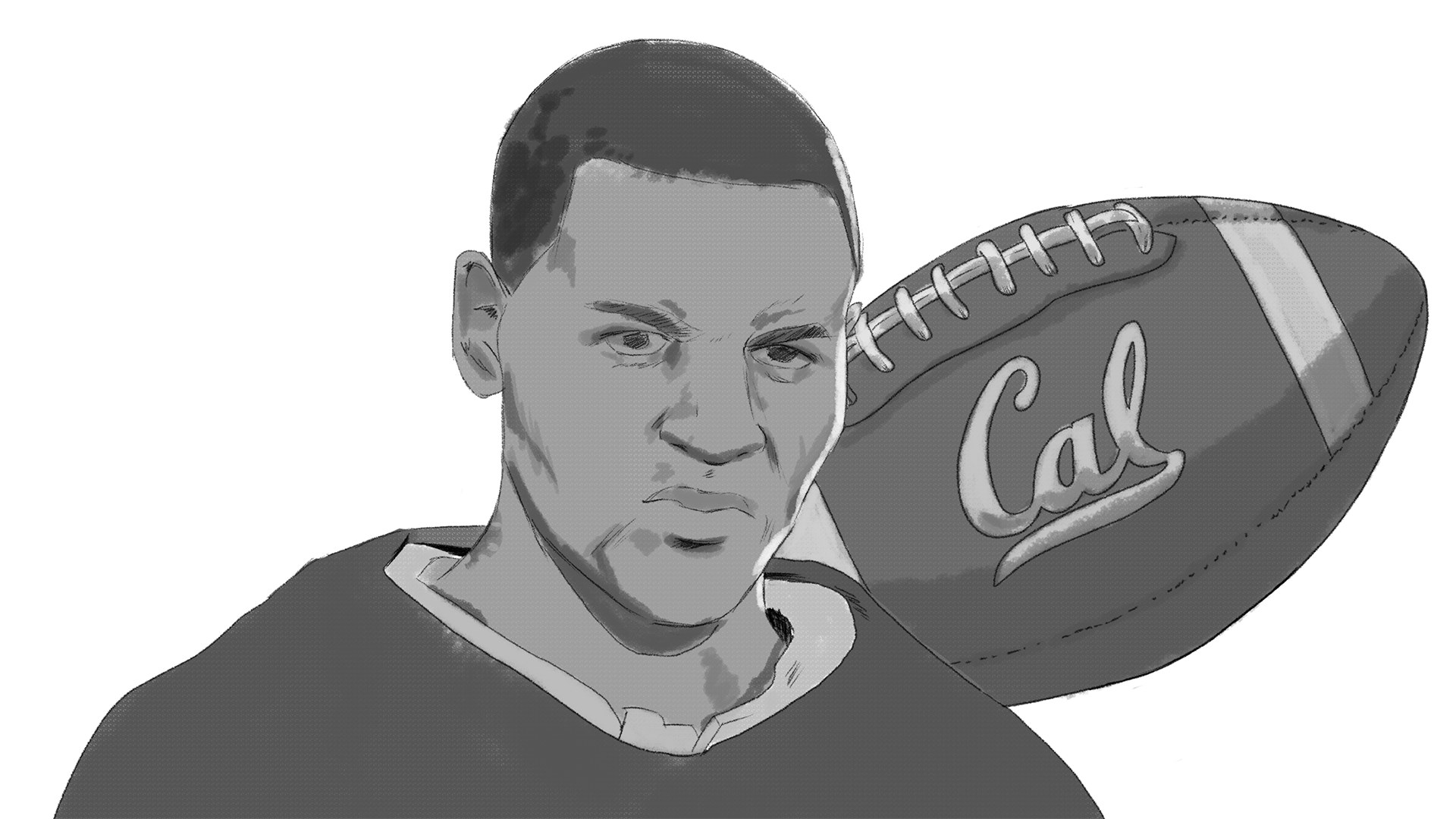As graduation nears, student creates a ‘time capsule’ of her Berkeley experience
Daniella Lake, who's graduating with a degree in media studies this May, is interviewing the friends she met in college — through Black Lives at Cal, during a study abroad in Rome, at Cal at the Capital — for a new season of her podcast.
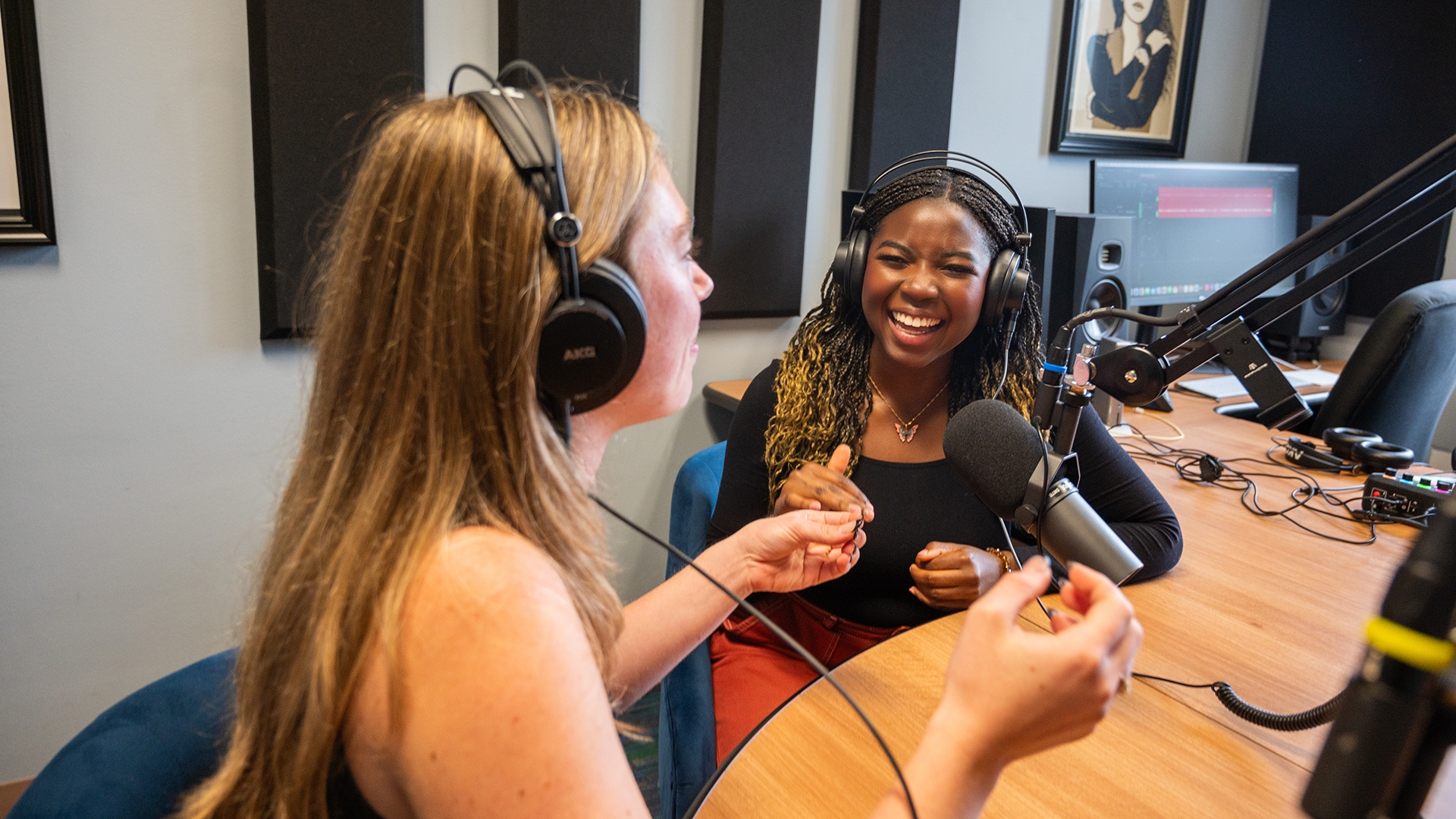
Brandon Sánchez Mejia/UC Berkeley
May 6, 2024
This first-person narrative was written from an interview with Daniella Lake, who will graduate this May with a degree in media studies.
I was born in Los Angeles. I’m the first person in my family who was born in the U.S. My family’s originally from Sierra Leone, on the west coast of Africa. My parents spent a lot of time moving during the 1990s because there was a civil war in Sierra Leone and my dad worked for the United Nations, so my brother and sister spent time growing up in other African countries — Eritrea, Ghana and Gambia. I had a very different childhood experience.
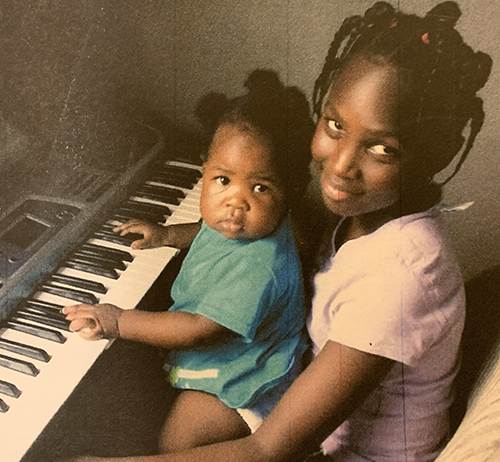
Courtesy of Daniella Lake
When I was 9 or 10, I started doing a lot of public speaking in Catholic school and in my own church, a Methodist church. At school, we’d have mass on Fridays, and at my own church, a service on Sunday. At both, I would read scripture, or during Black History Month, I would give a speech or read poetry by Black poets.
That’s when I really fell in love with the spoken word.
At 15, I picked up podcasting because I love storytelling. My podcast is called Life Told By A Stranger. I’ve produced three seasons of it, but took a break from it when I got to UC Berkeley. One of my favorite questions to ask is, “If you were to write an autobiography, what is one story you’d have to include?” It’s really cool to hear what story my guests choose because it shows how they define themselves. It’s a key part of who they are.
I’m recording a new season of my podcast right now that I’m going to release this summer. In high school, I interviewed people who were older because they had a lot of life experience to share. But this season, I’m talking with my friends — people who I’ve met during college. We’re older now, and I think we all have a lot of valuable things to say.
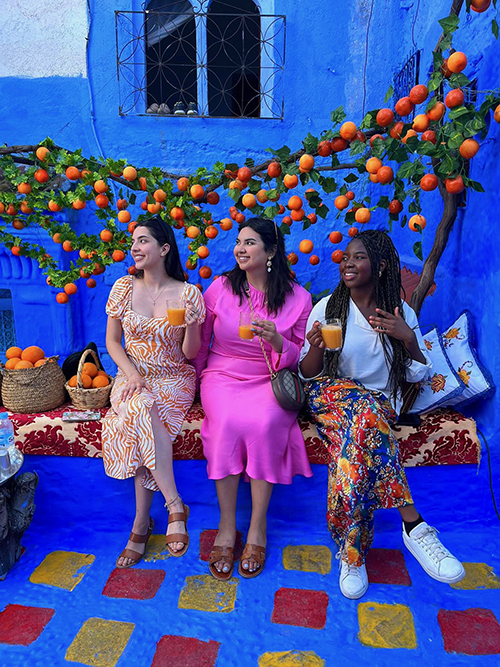
Courtesy of Daniella Lake
I spent a semester in Rome, Italy, last year, so there will be a special study abroad episode. I just recorded an episode with some of my Black girl friends I met through Black Lives at Cal about Black female friendship and forming community when you’re a minority and just how special it has been to have each other and have people who have had similar experiences growing up. I have one with a housemate who I spent a summer in Washington, D.C., with when I participated in Cal in the Capital and another with a mentor I met through the Cal Alumni Mentors program. I want to create a kind of time capsule of my time at Berkeley.
In learning about the media landscape in my classes at Berkeley, I have realized the power of how we frame stories. I can see how the history we learn about certain groups of people — the stories we’re told — isn’t the full story. When African history is taught in K-12, it often begins with slavery or colonization. But what about our entire history before that? What about our kingdoms, our philosophers, our actual culture?
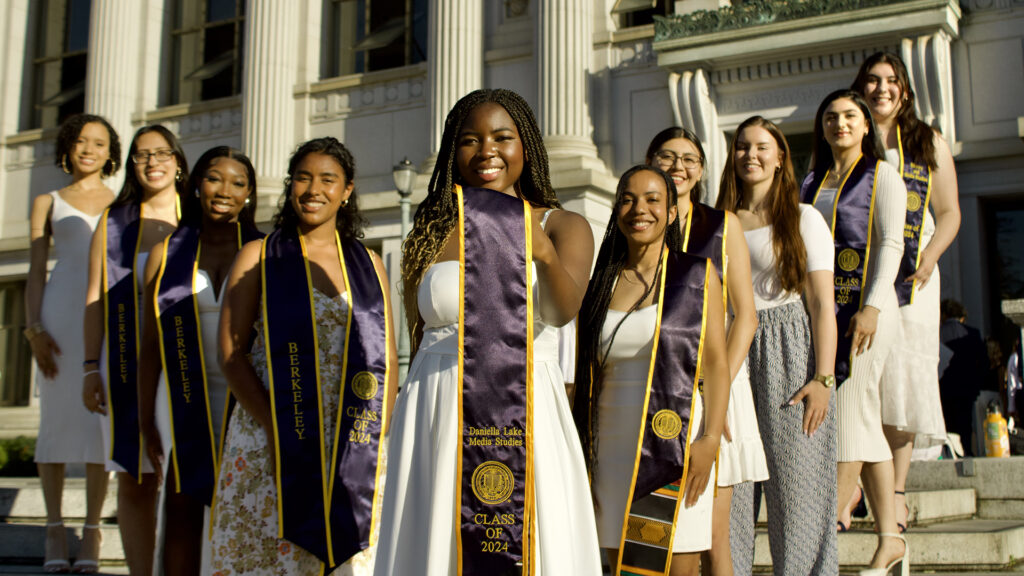
Mir Cepeda
I’m going to a one-year master’s program in journalism at USC that begins this summer. I’m really excited to take food journalism classes there. In Italy, I took a class called Territory, Food and Anthropology, and I gained a newfound appreciation for the quality of food that we eat.
After I graduate from USC, I want to start a food media company. I want to use food and food stories, tied to culture and history, as a tool to inform and educate people about the African diaspora. Food is an easy access point to other cultures and a positive way to bring people together. I know the changes I want to see in the world, and I think food is one way to bring about that change.
